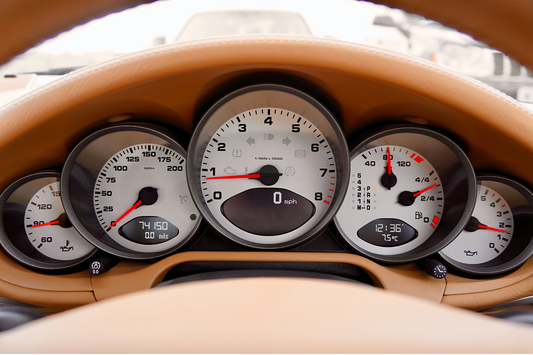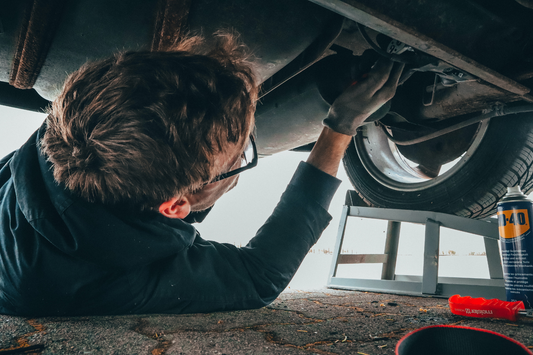Regular car servicing is an essential aspect of responsible car ownership. Just like how our bodies require regular health check-ups, our vehicles need routine maintenance to ensure they remain in optimal condition and provide us with safe and reliable transportation. In this blog post, we will dive into the details of what a standard car servicing entails and why it's crucial for your vehicle's longevity.
So here's what's included in a standard car service in Australia.
Oil Change and Fluid Checks
One of the primary tasks during a standard car servicing is an oil change. Engine oil lubricates the moving parts of the engine and prevents wear and tear. Over time, the oil breaks down and loses its effectiveness. During servicing, the old oil is drained, and fresh oil is added to the engine. Additionally, the technician will check other vital fluids such as coolant, brake fluid, transmission fluid, and power steering fluid. Topping off or replacing these fluids ensures that your vehicle operates smoothly and prevents overheating or other potential issues.
Filter Replacements
Air filters and oil filters play a crucial role in keeping your engine and cabin clean. Air filters prevent dust and debris from entering the engine, while oil filters catch contaminants in the engine oil. During a standard service, these filters are inspected and replaced if necessary. A clean air filter improves fuel efficiency and engine performance, while a new oil filter helps maintain the quality of the engine oil.
Brake Inspection
Your safety on the road heavily relies on your vehicle's braking system. During a car servicing, the technician will inspect the brake pads, rotors, and brake fluid. Worn-out brake pads can reduce braking efficiency and lead to longer stopping distances. Identifying and addressing brake issues early can prevent more extensive and costly repairs down the line.
Tire Rotation and Alignment
Uneven tire wear is common due to the varied weight distribution of the vehicle. Regular tire rotation ensures that tires wear evenly and last longer. Additionally, a wheel alignment check ensures that your vehicle's wheels are properly aligned, which improves handling, fuel efficiency, and tire life.
Battery Check
A healthy battery is essential for starting your car and powering various electrical systems. During servicing, the technician will check the battery's condition and connections. Corroded terminals or a weak battery can lead to starting problems and electrical issues.
Visual Inspection of Belts and Hoses
Belts and hoses are critical components that drive various systems in your vehicle, such as the alternator, power steering, and cooling system. A cracked belt or a damaged hose can cause breakdowns and overheating. A visual inspection helps identify potential issues and allows for proactive replacement.
Exhaust System Check
A well-functioning exhaust system is essential for reducing emissions and noise. During servicing, the technician will inspect the exhaust system for leaks, rust, and damage. Fixing exhaust system issues promptly can prevent harmful gases from entering the cabin and ensure your vehicle meets emission standards.
A standard car servicing is not just about changing oil; it's a comprehensive procedure that aims to keep your vehicle in its best possible condition. By addressing potential problems early on and maintaining essential components, you can extend the lifespan of your car, improve fuel efficiency, ensure your safety on the road, and avoid costly repairs. Remember, a well-maintained vehicle not only provides a smooth driving experience but also saves you money in the long run.




